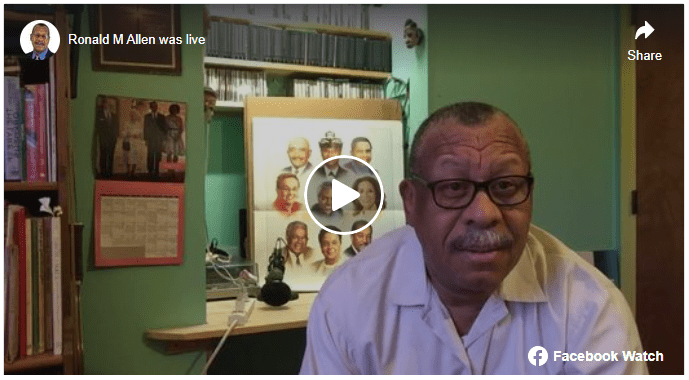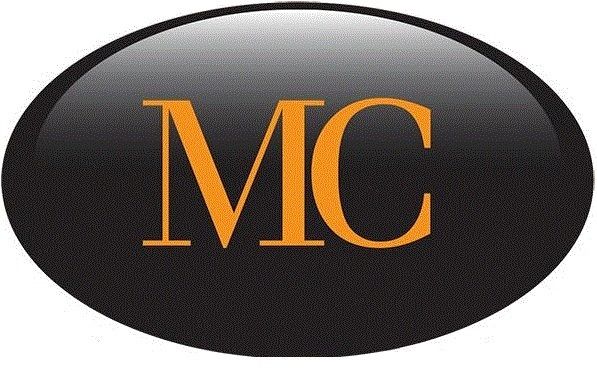Hope is a complex and multifaceted psychological and emotional state that plays a fundamental role in human life. It is often defined as the optimistic expectation or anticipation of a positive outcome, even in the face of challenges or uncertainty. Hope involves believing that things can get better and that one can work towards a desired goal or future, regardless of the obstacles that may be present. Here are some key aspects of hope:
- Positive Expectation: Hope involves a sense of optimism and a positive outlook on the future. It’s the belief that things can improve or that a desired outcome is possible.
What is your future expectation? - Motivation: Hope is often a motivating force. When people have hope, they are more likely to take action, set goals, and work toward them. Hope provides the energy and determination to overcome obstacles.
What energy motivates you? - Resilience: Hope is closely linked to resilience. It helps individuals bounce back from adversity, setbacks, or disappointments. A hopeful mindset allows people to view challenges as temporary and surmountable.
Your brain’s plasticity (resilience) is directly supported by your ventromedial prefrontal cortex (vmPFC). Get to know it well! - Emotional Well-Being: Hope is associated with increased emotional well-being. It can reduce symptoms of depression and anxiety and contribute to a more positive overall mood.
Are you aware of the neurotrophins for your emotional well-being? - Coping Mechanism: Hope can serve as a coping mechanism during difficult times. It provides a sense of purpose and a belief that one can navigate through challenging situations.
Ask why does your coping mechanism work for you? - Goal Setting: Hope often leads to the setting of specific, achievable goals. These goals give individuals a sense of direction and purpose.
Goals are OK, outcomes drive purpose! - Interpersonal Relationships: Hope can improve relationships. Hopeful individuals are often more pleasant to be around because of their positive outlook. Additionally, hopeful people may be more supportive and encouraging of others.
How supportive are your interpersonal relationships? - Spirituality and Belief: For many people, hope is closely tied to their spirituality or belief system. It can be the belief in a higher power, destiny, or cosmic order.
What is your life source that keeps you going?
Hope can be a powerful force in people’s lives, driving them to pursue their dreams, overcome challenges, and maintain a positive outlook. It’s an essential component of human psychology that influences a wide range of behaviors and emotions. However, it’s important to note that while hope can be a significant asset, an excessive or unrealistic sense of hope can also have downsides, such as ignoring practical realities or setting unattainable goals.
Balancing hope with a realistic understanding of one’s circumstances is often crucial for personal growth and well-being.
Check It! Let’s Chat.













